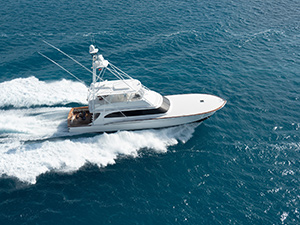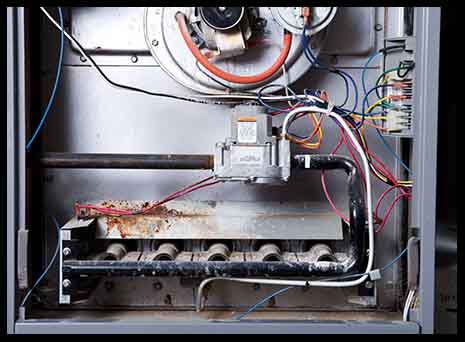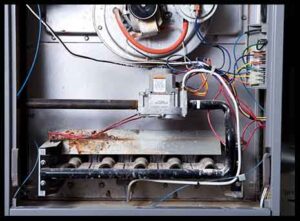Yacht Stabilizers in Jupiter Improve Passenger Comfort

There is nothing worse than sea sickness to ruin your day on the water. In most cases there is almost nothing, aside from the little relief medication can provide, that can help make a nasty day on the water tolerable. However, for many ship owners, they have found one thing that does help reduce rolling when the sea is angry. Yacht stabilizers in Jupiter improve passenger comfort, among many other things. It is not hard to understand why stabilizing systems have become so popular not only on large commercial vessels, but on ships of all sizes. It has become the number one part that boat owners and builders are concerned with, especially for large vessels eighty feet and longer. If you’re looking to make cruising and anchoring more comfortable for everyone on board, you need yacht stabilizers in Jupiter so contact Yacht Service, LLC.
Yacht Stabilizers Don’t Just Settle Queasy Stomachs

An unstable ship due to any size wave is the primary cause of seasickness. Ships rocking side to side, up and down, can make even the most sea-worthy person a bit queasy. Stabilizers are great for preventing much of that motion which therefore eases much of that awful feeling. Preventing seasickness is reason enough for me to install them on any ship, but it isn’t the only reason.
A rocky ship can also be potentially very dangerous. Anything not nailed down on a rolling ship is going to, well, roll. This includes passengers. Personal injury is a big concern when seas are rough. Contents in cabinets that aren’t secured are likely to go flying and won’t care what they hit. Broken dishes, ruined meals, and trashed rooms are all additional reasons to research yacht stabilizers in Jupiter. Falls and battery by loose objects are common injuries to passengers on wobbly ships. In addition to all that, standing on a rocky ship is exhausting and fatigue often leads to mistakes which often leads to injury. Protect your family, friends, and crew with the right stabilizing system.
Perhaps the largest advantage of owning a boat with a working stabilizing system is that you can use that boat a lot more than one without. No more cancelling trips due to rocky seas. Say so long to booking hotels last minute because you can’t stand to sleep on your ship while anchored. With the improved comfort stabilizers provide, it’s become a must-have for many boat owners.
Yacht Stabilizers Provide Benefits Now and Later
Return on investment is great with stabilizers. Who wouldn’t want a boat with a stabilizing system? Installing yacht stabilizers is a smart idea for your current use of the boat and adding them is also good for later if you consider selling the boat. Most people looking to purchase a yacht or boat of any significant size are only going to consider those with a stabilizing system. In addition to all the benefits we already discussed, boats with stabilizers often experience less wear and tear. This is because captains no longer have to navigate around rougher seas, but can go right through them with no negative impact on the passengers. In order to attract the most potential buyers in the resale market, don’t spend any more time wondering if you should install yacht stabilizers in Jupiter. We can tell you, you should!
The Bottom Line on Yacht Stabilizers in Jupiter
I think if you made it to the end of this article, it’s clear where I stand on yacht stabilizers. But if it wasn’t clear, I am all for them. I recommend them highly for any ship owner. These systems add value to a boat in so many respects. While they aren’t going to stop a ship from rolling in hurricane conditions, they do so much more. Stabilizers improve secondhand value, increase awareness of crew due to reduced fatigue, protect passengers from injury from falling, reduce the ships wear and tear, and gives you access to much more time on the water. With the variety of systems and types, there is a stabilizing system for every boat.

